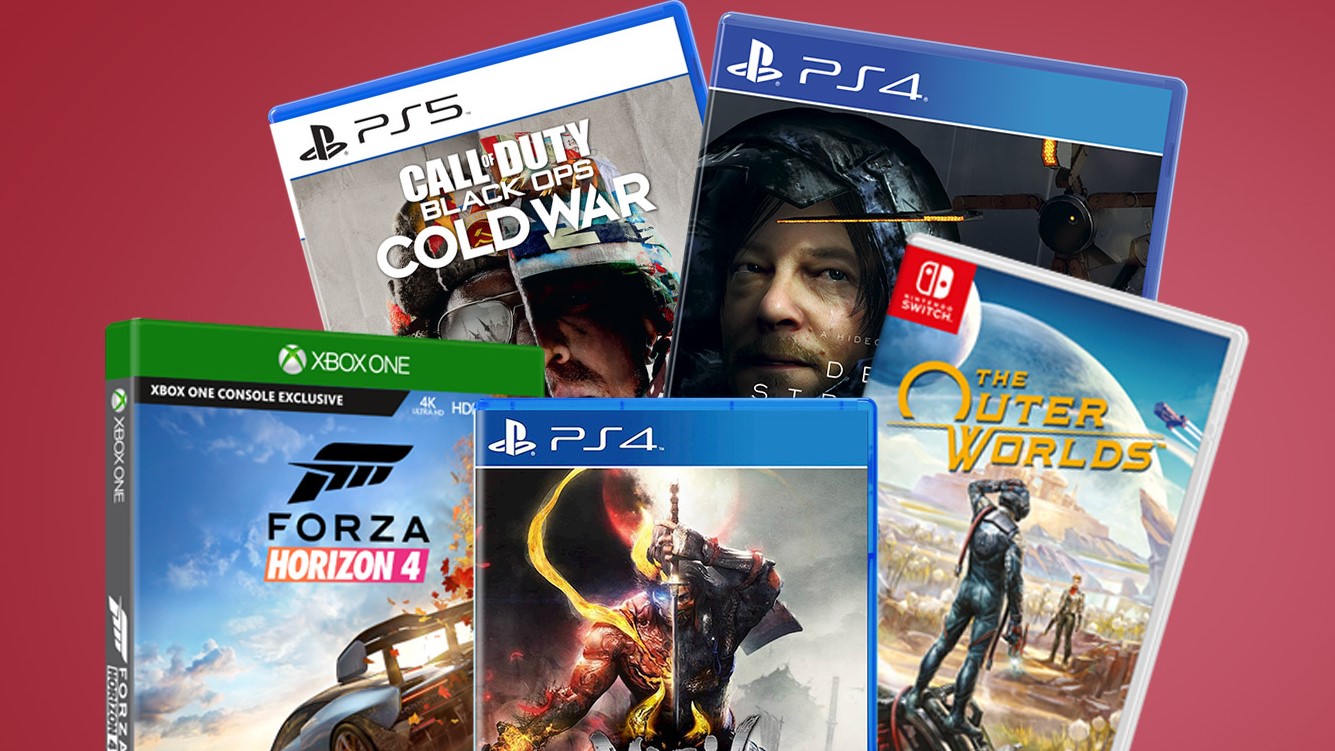
You don’t even need to play Alan Wake 2 to encounter one of its biggest mysteries: “How can I get a physical copy?” The answer is that you can’t.
Remedy’s latest is digital-only. Director Kyle Rowley said “the timing felt right” to claw back valuable weeks for polish, instead of going gold weeks before launch so they could burn, package, and ship millions of Blu-Rays around the globe for players to pop into consoles just to download large day one patches anyway.
It’s the latest in the sad decline of physical games. Two decades after Steam’s launch introduced gaming to the digital storefront, an industry that once relied on physical media sees stores now sell 70% of games by digital download. The trend indicates that physical games have an even bleaker future ahead. Sales decrease year-on-year, disc-less consoles are becoming the norm, and other upcoming big games such as Like a Dragon Gaiden: The Man Who Erased His Name will skip physical releases too.
The last retailers standing
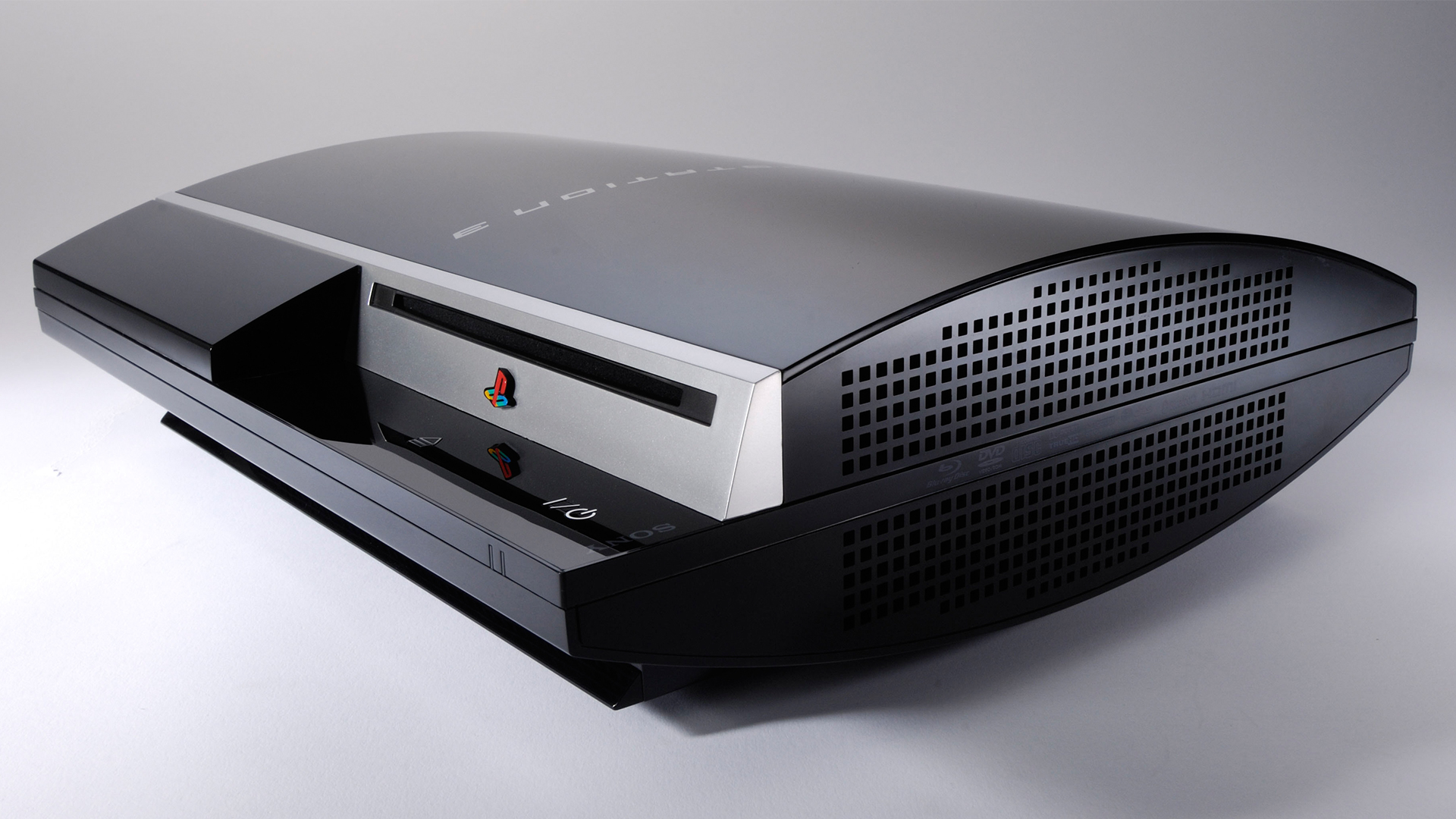
For game store owners, the change already happened. Businesses that survived the slow collapse of high street retail and the sudden shock of the coronavirus pandemic had already diversified into more profitable areas. It’s a losing battle when even the CEO of UK retailer Game defiantly claims they’ll be the last man standing.
Thomas Sansone has run Video Game Trader in Burford, Georgia since 1999. He told TechRadar Gaming (TRG) that in the last year, three to five percent of his long-standing game store sales came from new video game products (across games, hardware, and accessories). Low margins barely justify the effort: a $60 release costs him $49-$54 wholesale. Like many others, he expanded into retro gaming, tabletop, and trading card games (the latter now producing 20 percent of revenue).
Having adapted once, Sansone worries the jump to digital games poses a longer-term threat to the retro scene. “The PlayStation 3/Xbox 360 era of video games will be the last generation that’ll be collectible once it becomes retro.” Later generations mark the shift to digital updates and always online requirements: “Once these servers are shut down, none of these will be playable,” suggests Sansone. They don’t make them like they used to, and that’s a problem for the retro market, which has been a lifeline for struggling games retailers. The next generation, including Sansone’s own kids, prefer digital. “In 20 years, it may be difficult to sustain a retail business on just retro video games,” suggests Sansone.
For Fairhurst, physical games have a clear future, just sold and packaged in a new way. He said, “I expect more and more publishers will shift to a direct-to-consumer model for physical games, which is the model we pioneered.”
Chris Thompson is the founder of Gameroom, a Nebraskan games chain operating since 2007. The shift makes sense to him, cutting carbon footprint and solving complex stock distribution issues, but he misses a time before digital updates when a game's content and identity were fixed.
Even in 2011, Thompson predicted new and preowned games were running out of time. He’s surprised to still be in business and credits smart decisions and a windfall of underpriced backstock for seeing Gameroom into the 2020s. His stores adapted from “quick flip hot titles”, selling the latest games at low margins to queues of eager customers at release, to repairs; while newer consoles won’t sell his games, their comparatively flimsy builds need regular servicing. Overall sales are down but the smaller market has reduced competition. He’s turned to software development and plans to release a B2B product helping stores with inventory and logistics challenges.
Thompson sees his stores going the way of vinyl records and becoming “a consistent novelty shop”. For him, the game store has an irreplaceable role both as a tangible shopping experience and a trading opportunity “There is a very specific symbiotic relationship between the customers and businesses because of the buy/sell/trade aspect.” Thompson also relies on the enduring importance of nostalgia and retro games, saying “The nostalgia market is a major driver in video game consumption. It’s all about how it felt when we were kids, and we will spend the rest of our lives trying to get back there.”
Mike Piddock started in games retail in 1993 before opening his own store in 2000, Video Game Underground, which recently went digital itself (temporarily) after steep rent hikes. He’s concerned the drive to digital gaming forgets the fact that even America doesn’t have 100% internet coverage. “I still remember the first PlayStation 4 that I sold. The customer didn’t have internet access; he couldn’t get his free game or play DVDs or Blu-rays because they required an internet connection.”
Forever physical
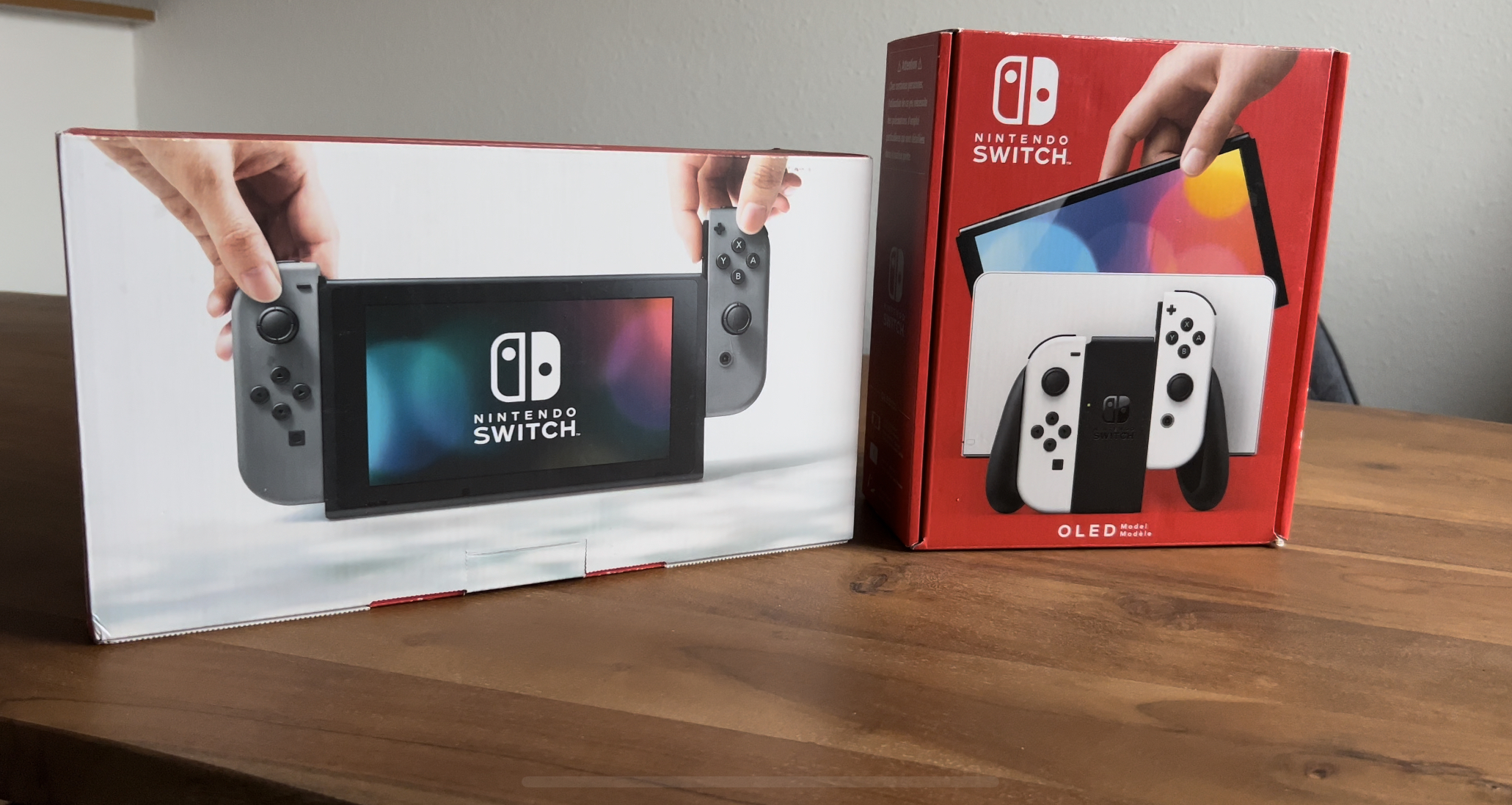
Not all physical game retailers have seen sales drop. When Josh Fairhurst co-founded Limited Run Games in 2015, the company became the first of a new wave of publishers producing boutique boxed games. The company made its intentions clear with the slogan “forever physical”. He told TRG that sales have increased every year since they got into business eight years ago. For him, physical games have a clear future, just sold and packaged in a new way. He said, “I expect more and more publishers will shift to a direct-to-consumer model for physical games, which is the model we pioneered.”
It's no surprise that Fairhurst is an obsessive collector himself. What he values most from physical products is “true ownership”, entirely independent of the whims of storefronts and publishers. In eight years of business, some titles they’ve released physical versions for, intended as a collectible curio, have become the only option after their digital counterparts vanished. When Netflix launched its games service in 2021, Stranger Things 3: The Game’s PC and console versions were delisted. The game was no longer available outside mobile. How can players access the game on PlayStation 4 and Switch now? By purchasing the Limited Run Games release.
Like Thompson, Fairhurst believes physical game releases are destined to join vinyl as a specialty item. However, he feels something important is lost in this shift, as games depart store shelves and player’s television cabinets for an immaterial existence on servers and hard drives.
“I think the memory of games often stays alive because physical copies exist and change hands. With so many digital releases coming out each day - who will remember most of them in 20 years? Physical discs and cartridges serve as tangible reminders of these games' existence. As long as they remain in circulation, the memory of those games will live on.”
He can depend on the passion of dedicated collectors like himself “I don't think the people who care about them or value them will ever stop. They're going to support physical media until the day they die.”
What happens to Netflix shows and films if they ceased operations?
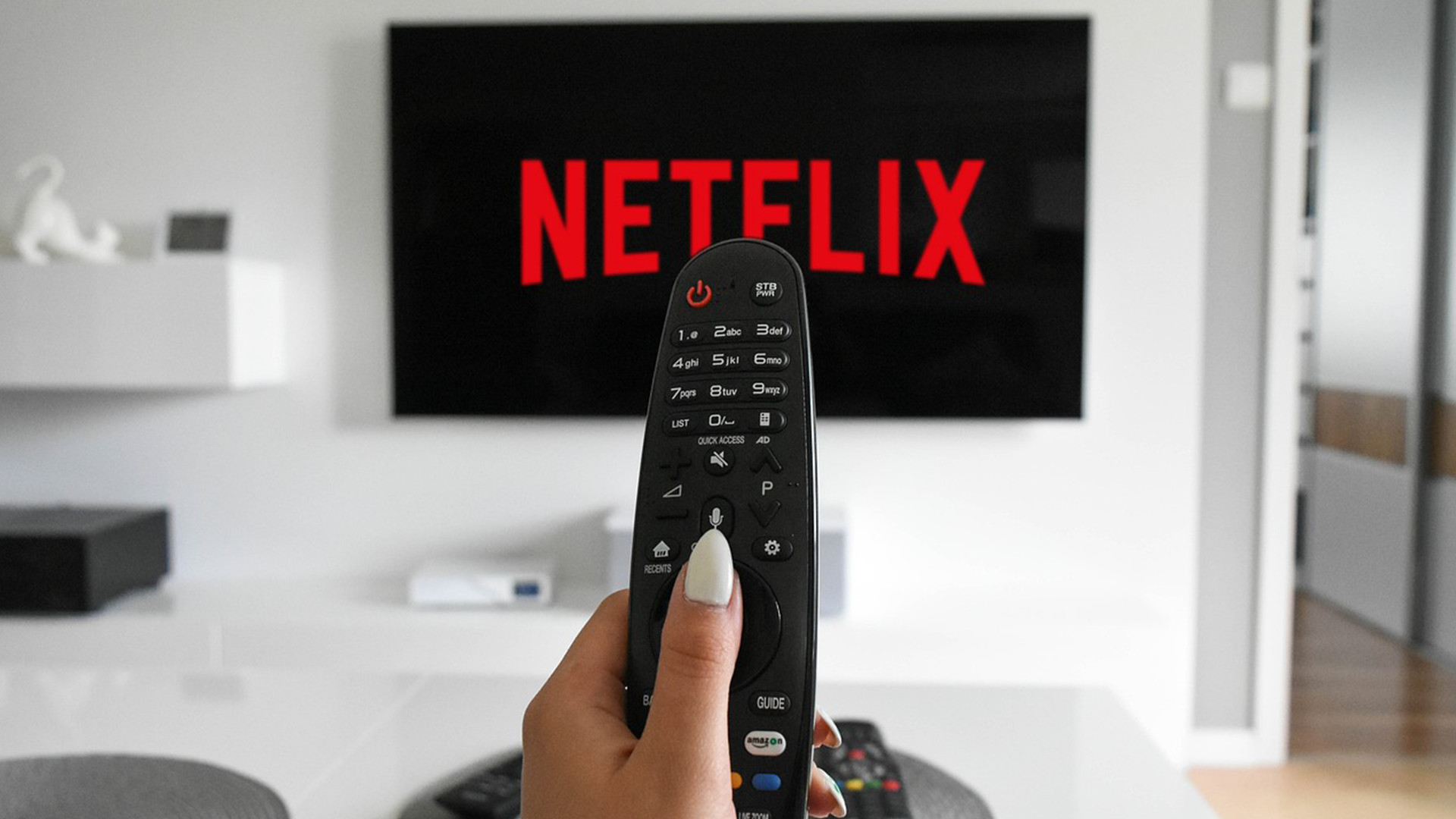
Games aren’t alone on the path to digitalization. Television, film, and music have moved in the same direction at a faster pace - by 2020 US physical music sales made up nine percent of total revenue.
Dr. Jonathan Wroot, a senior lecturer in film studies at the University of Greenwich, noted the decline of collector culture hasn’t been helped by mounting cost-of-living pressures on households: “As inflation has increased, and living in flats and apartments has become more likely (compared to living in a house), doing away with discs and moving to digital-only options makes a lot of room.”
Wroot highlighted how the decline of Blu-Ray and DVD sales has slowed. Recent, and often very public, catalog gouging by streaming platforms reminded consumers of the stability of physical media. Seeing Disney remove 30 original shows from streaming for a $1.5 billion tax write-off, and Warner Bros. Discovery cutting high-profile shows like Westworld and FBoy Island from their own service, is a clear warning gaming potentially faces a precarious future.
“The appeal of the format is beginning to show,” explains Wroot. “especially as profits by streaming companies seem to be decreasing. A symptom of this is how streaming platforms are removing content to save costs. This has been seen across Netflix, Amazon, Disney, and Warner Bros [...] If you have the DVD of a film or a box set of your favorite TV series, you don’t need to worry about this.”
In Wroot’s view, physical media’s decline can mean a transition to a permanent expansion of consumer options, the same way cinema now coexists with streaming, DVD, and Blu-Ray. He said “I think as technology progresses, choice tends to increase, in terms of what options consumers have to access media. Sometimes the change in technology leads to formats almost disappearing entirely, such as Betamax, VHS tapes, and cassettes. These choices can stay around for a long time, such as cinema and television which have been around for decades.”
New ways to preserve the past
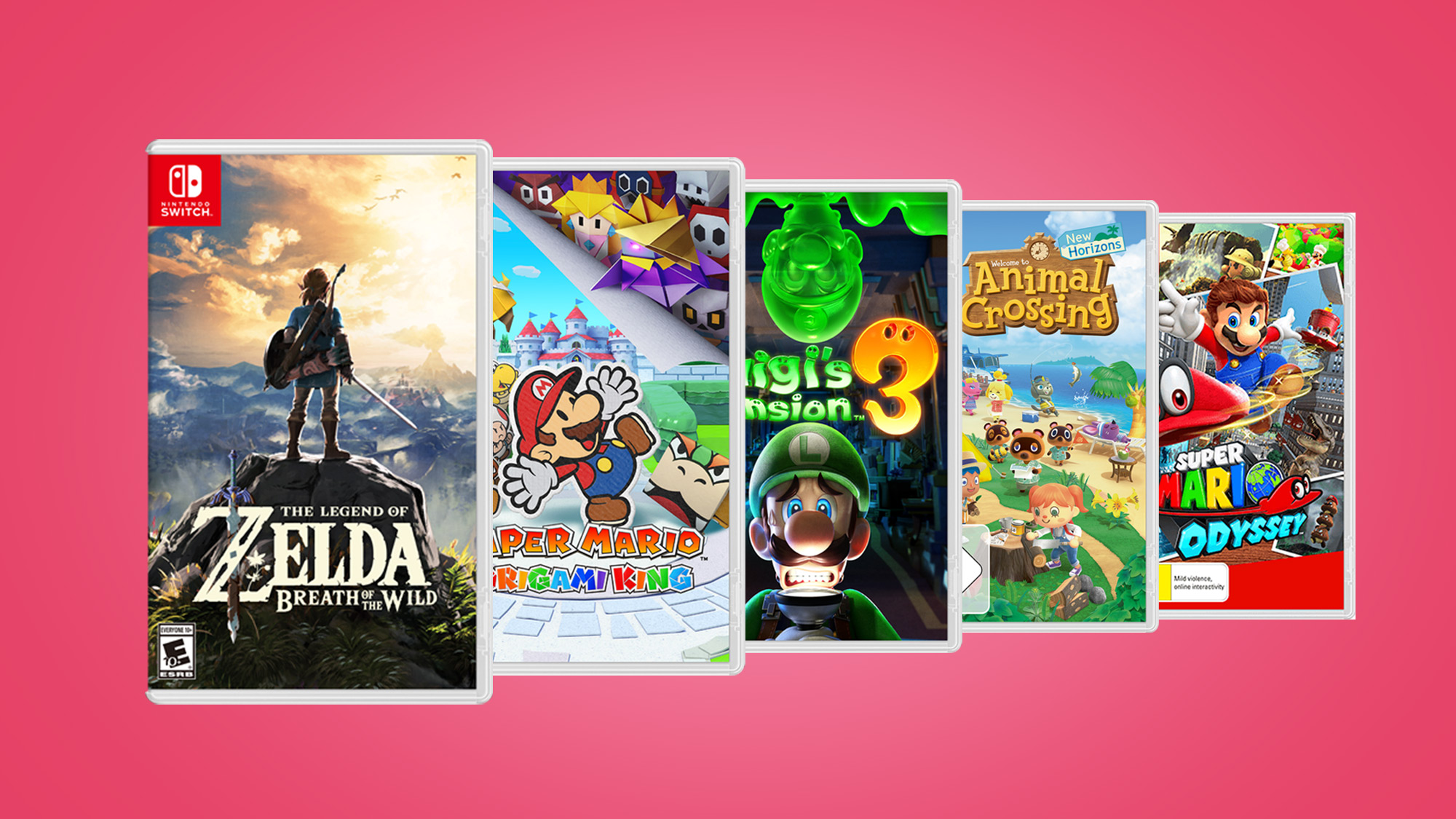
Gaming’s physical history has also led to a widely reported preservation crisis. Even if cartridges and floppy disks won’t spontaneously ignite like early celluloid, much of gaming’s past has been lost. In a joint response, Chloe Appleby, Assistant Curator, and Chris Redman, Variable Media Conservator at Sydney’s Powerhouse Museum outlined how the industry’s move to “more sustainable and climate-conscious practices” offers new opportunities for their work at the museum preserving games and presenting them to the public: “The rise of digital-only games comes with new methods of accessibility and consideration for collection and preservation requirements,” explains Appleby. “Digital games are easier to view, collect, and store in comparison to physical gaming consoles or discs.”
The challenge for museum teams is presenting digital materials in a creative or innovative way, as digital objects don’t have the same requirements for replication, access to legacy equipment, or need to produce special mounts for display.”
Appleby described how they met these challenges as far back as 2014 at Absolutely Queer, a showcase of local queer artists that included Fuzzy Ghost’s experimental game Queer Man Peering Into A Rock Pool.jpg. Archival materials are traditionally physical copies displayed with a “do not touch” attitude, but as a purely digital object, the game lent itself to an interactive display alongside equally digital archival materials, gifs, interviews, and videos.
Despite sales in a death spiral, Appleby suggests “physical copies of games, consoles or materials won’t completely disappear due to the inherent human need to collect.” And it’s a statement everyone we interviewed agreed on. The future is digital, but nobody doubts that the trustworthy, tangible physical game still has its place. And if publishers start mirroring Warner Bros.’ erratic behavior, consumers could demand it returns to clutter their bookshelves again - just like vinyl.
If you're a fan of the physical, check out our takes on the best PS5 games, best Xbox Series X games, and best Nintendo Switch games to bolster your collection. And remember the Black Friday video game deals are coming soon which will give you a great chance to save money.







